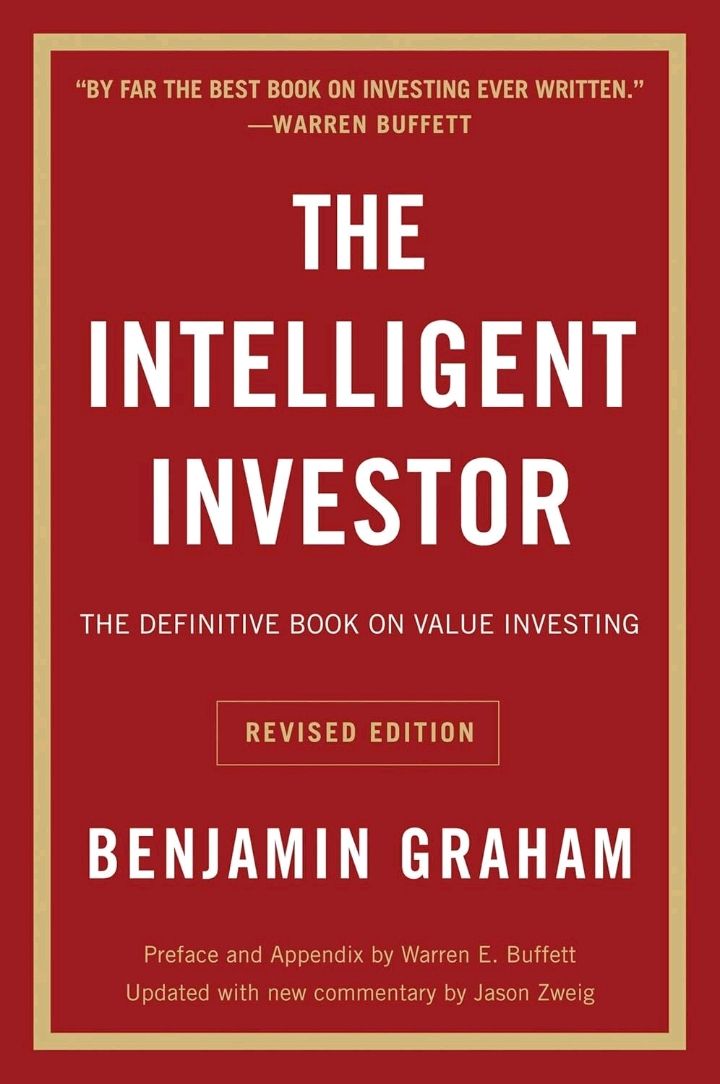The cycle of financial euphoria is a cautionary tale for future generations of investors from "summary" of A Short History of Financial Euphoria by John Kenneth Galbraith
The cycle of financial euphoria, as detailed by John Kenneth Galbraith in his book 'A Short History of Financial Euphoria', serves as a stark warning for future generations of investors. The recurring pattern of boom and bust in financial markets, driven by irrational exuberance and speculative mania, has been a constant throughout history. Galbraith highlights how investors often get caught up in the euphoria of a rising market, believing that the good times will never end. This leads to excessive risk-taking, over-leverage, and a disregard for fundamental economic principles. As prices soar to unsustainable levels, the inevitable crash comes as a shock to many who were blinded by greed and ignorance. The aftermath of a financial euphoria is often characterized by panic selling, bankruptcies, and economic downturns. Investors who were once riding high on the wave of irrational exuberance are left with heavy losses and shattered dreams. The cycle repeats itself as new generations of investors enter the market, only to fall prey to the same pitfalls as their predecessors. Galbraith's message is clear: history may not repeat itself exactly, but it does rhyme. The lessons of the past should serve as a guide for the future, reminding investors to exercise caution, prudence, and skepticism in their financial decisions. By understanding the cycle of financial euphoria and its destructive consequences, investors can avoid the pitfalls of greed and hubris that have led to so much financial ruin throughout history.Similar Posts
Economic crises are a result of policy failures
Economic crises do not occur out of the blue. They are not acts of God. They are man-made disasters, resulting from policy fail...
Develop a strong risk management system
The key to successful investing lies in understanding and managing risk. You must develop a robust risk management system that ...
The arrogance of Wall Street executives
The hubris of Wall Street executives is a central theme in The Big Short. These individuals were so convinced of their own inte...
Stock prices plummeted rapidly
Stock prices plummeted rapidly. The decline was rapid and severe. Investors watched in disbelief as the numbers on the ticker t...
Diversify geographically to reduce risk
To reduce risk in your investment portfolio, it is important to diversify geographically. By spreading your investments across ...

Irrational exuberance can distort market fundamentals
The idea that irrational exuberance can distort market fundamentals is a central theme of the book "Irrational Exuberance" by R...

Don't let fear or greed dictate your investment decisions
One of the key principles emphasized throughout this work is the importance of maintaining a rational and disciplined approach ...
Financial bubbles formed again
The most significant development in the American economy during the 1920s was the creation of a vast speculative bubble in the ...
Forecasting the market is unreliable
The idea that one can predict the future course of the stock market is a seductive one. If we could only figure out where the m...
The enduring legacy of the 2008 financial crisis
The effects of the 2008 financial crisis have been long-lasting and far-reaching, leaving an indelible mark on the global econo...
